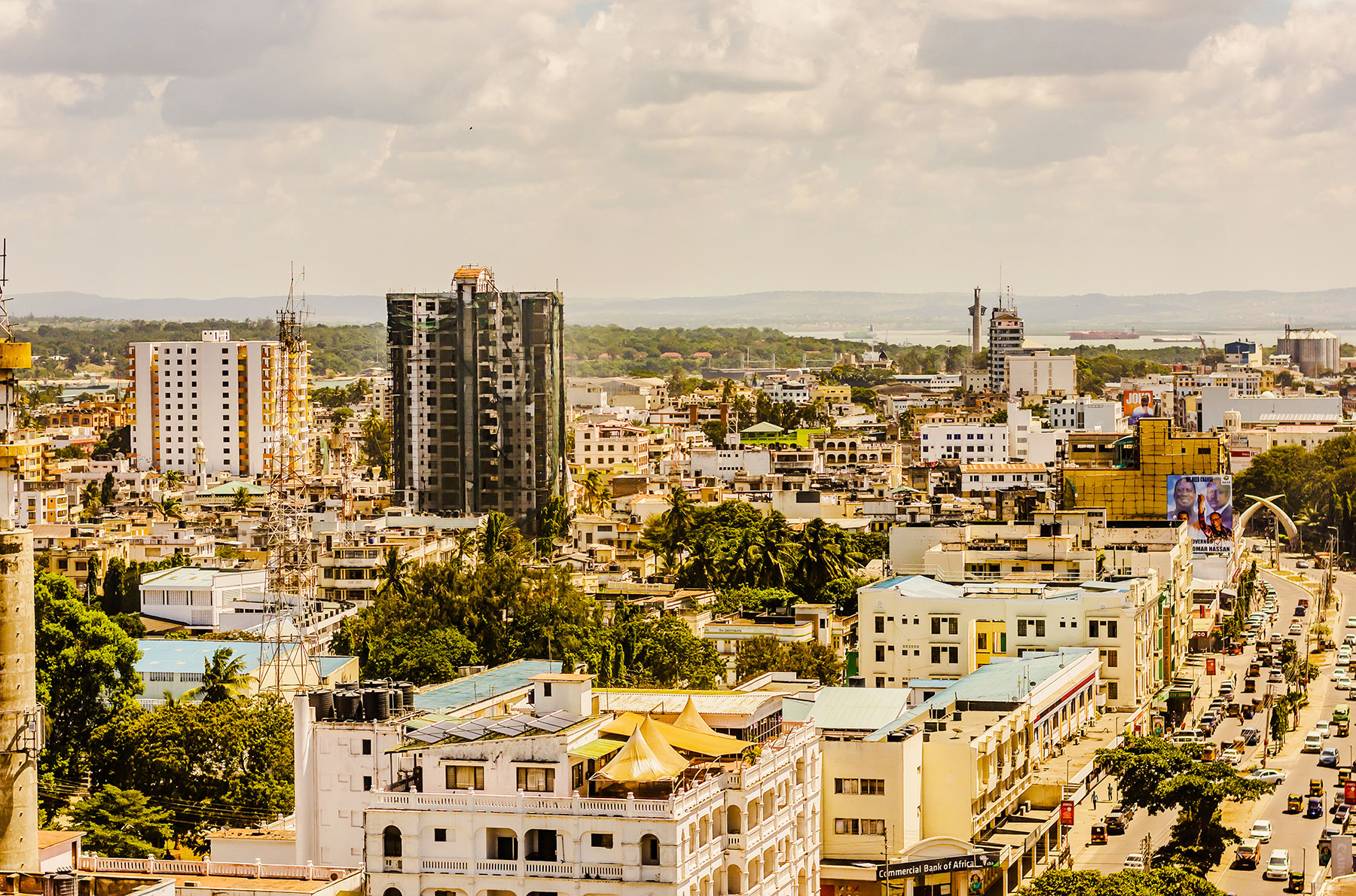Africa’s business landscape in 2025 is marked by remarkable growth and resilience, with Nigerian and South African companies leading the charge as the continent’s fastest-growing enterprises. The latest Financial Times ranking, compiled in partnership with research firm Statista, highlights 130 African companies that have demonstrated extraordinary revenue growth between 2020 and 2023. This list underscores the dominance of Nigeria and South Africa, which together account for over 60% of the fastest-growing firms, with South Africa alone contributing 51 companies.
The Financial Times’ methodology for inclusion in the ranking required companies to have generated at least $100,000 in revenue in 2020 and $1.5 million in 2023, be independently owned, based in Africa, and show primarily organic growth during this period. Despite the challenges posed by inflation, currency volatility, trade barriers, and global economic shocks, these companies have managed to achieve exponential growth, reflecting both the entrepreneurial spirit and economic scale of their home countries.
At the forefront of this growth is Nigeria’s Omniretail Inc, an e-commerce company that tops the list with an astounding absolute growth rate of over 71,800% and a compound annual growth rate (CAGR) of nearly 796%. Omniretail’s rapid expansion, which includes operations in Ghana and Ivory Coast, exemplifies the potential of embedded finance and B2B enabling platforms in Africa’s digital economy. Following closely is another Nigerian firm, PalmPay Ltd, a fintech company specializing in digital payments, which achieved a CAGR of 583.6%. The third-ranked company, Remedial Health Inc, also from Nigeria, operates in pharmaceuticals and cosmetics, with a CAGR of 339.1%, highlighting the growing importance of healthcare sectors on the continent.
South African companies, while more numerous on the list, generally show strong growth in sectors such as financial services, automotive platforms, and technology. Notable examples include Paymenow Group, a financial services provider, and Gobid Pty Ltd and Drive.co.za, both automotive platforms. The presence of these companies reflects South Africa’s mature entrepreneurial ecosystem and diversified economy.
The ranking also features companies from other African countries, indicating a gradual diversification of high-growth businesses across the continent. Zambia’s eShandi Financial Services, Mauritius’s AfricaWorks Group in real estate, Rwanda’s Inkomoko in small business finance, and Togo’s Gozem in logistics are among the notable entrants. These companies demonstrate that while Nigeria and South Africa dominate, there is significant growth potential in emerging markets across Africa.
Fintech remains a dominant growth driver, with about one-fifth of the fastest-growing companies operating in financial services. This trend reflects the continent’s ongoing digital transformation and increasing demand for financial inclusion. Companies like Moniepoint, which has been recognized for the third consecutive year by the Financial Times, continue to expand rapidly, combining operational efficiency with scalable growth across multiple African markets.
However, the concentration of fast-growing companies in Nigeria and South Africa also highlights the structural challenges faced by businesses in smaller or less integrated African economies. Fragmented regulatory environments, currency differences, and infrastructure gaps make cross-border expansion difficult. This fragmentation limits the ability of startups in smaller countries to scale continent-wide, despite rising digitalization and entrepreneurial activity.
In summary,
the Financial Times’ 2025 ranking of Africa’s fastest-growing companies paints a picture of a continent where innovation, resilience, and digital transformation fuel rapid business expansion. Nigeria and South Africa remain at the forefront, driving growth across sectors such as e-commerce, fintech, and healthcare. Meanwhile, emerging players from other African countries signal a promising diversification of the continent’s economic landscape. The continued rise of fintech and digital platforms, alongside healthcare and real estate, underscores Africa’s evolving market dynamics and the vast opportunities ahead for entrepreneurs and investors alike

